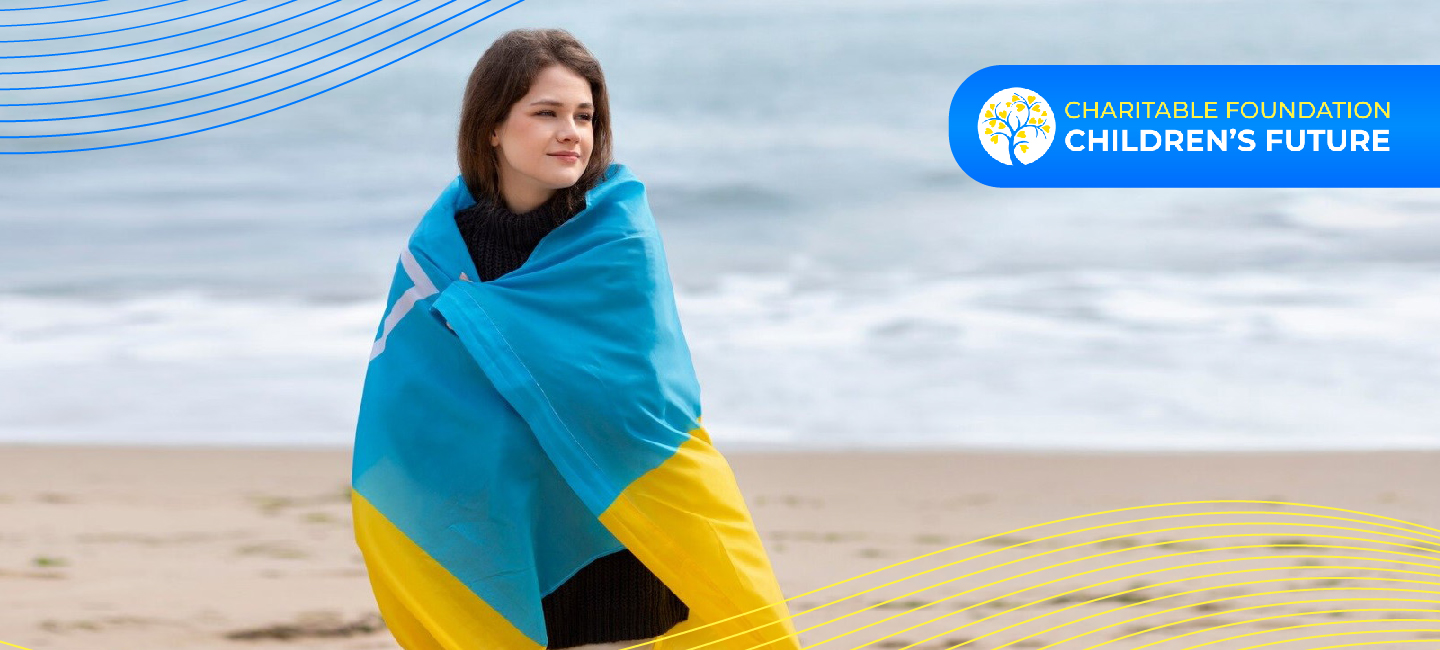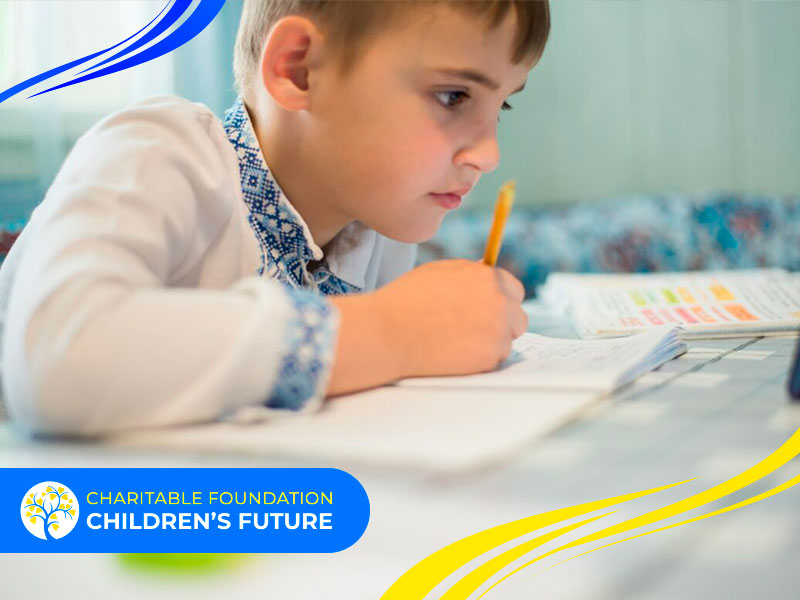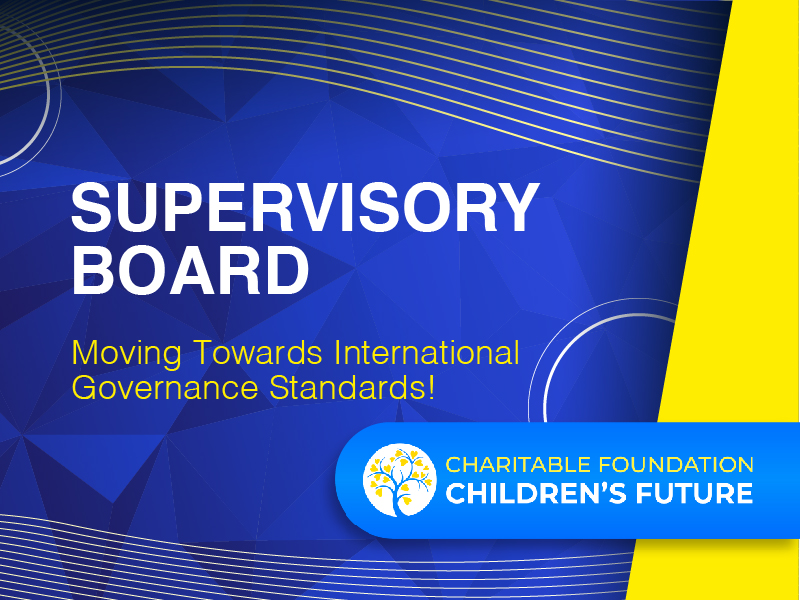Since the beginning of Russian aggression, millions of Ukrainians have found refuge in EU countries. Some have returned home, while others continue to live abroad: in Germany, the Czech Republic, Poland, Spain, Italy, and so on. Over a third of refugees are children.
To better understand the situation, we turned to Ukrainians living abroad. Let us tell you about the problems they face every day, how they strive to preserve their national identity, and pass it on to their children in a foreign country. This story is about strength of spirit, dedication to their culture, and unwavering will.
Challenges Ukrainian Expatriates Encounter
Olena arrived in Prague with her five-year-old son and sixth-grade daughter in May 2022. Initially, the children did not attend local educational institutions, but according to local laws, this limits social benefits. Olena shares her experience: "It was difficult to find places in kindergartens and schools... But now my son and daughter have joined so-called adaptation groups, where education is conducted in both Czech and Ukrainian languages. Additionally, every Saturday, the children visit a cultural and educational center where my son learns the Ukrainian alphabet and my daughter learns Ukrainian history. I want them to remember their homeland..."
Maria and her daughter Irina decided to stay in Düsseldorf, Germany, after the family moved from Ukraine. Irina has been attending a local school for two years now, but the family actively strives to preserve their cultural heritage. "Of course, it's difficult, like for all Ukrainians abroad," admits Maria, "but we try to maintain a connection with the Motherland; for example, we communicate with each other exclusively in our native language." Additionally, the family regularly attends Ukrainian events, and Maria even teaches Ukrainian language to younger students at an evening school.
Natalia chose Italy as the new home for herself and her fifth-grade twins. To facilitate integration into society, the children immediately started attending local schools. Natalia says, "At first, my daughters were so confused; it took us about half a year to adapt a little. Now we actively interact with the local community and organize cultural events for Ukrainian children living abroad. My daughters and I plan to return to Ukraine after victory, so I do everything possible to ensure they don't forget the language, culture, and traditions."
These stories of Ukrainians abroad show that our compatriots make efforts to maintain a connection with the Motherland, regardless of where they are.
How to Preserve National Identity?
The constant pursuit of freedom and independence, history, culture, and a shared future, which depends on our current decisions and actions, unite Ukrainians at home and abroad. Effective advice from Ukrainian studies experts, educators, and cultural figures will help to remember our native roots.
• Speak Ukrainian at home. Regardless of the language you use at work, in educational institutions, with new neighbors, and friends, continue speaking Ukrainian at home. This not only contributes to the preservation of language skills but also supports the national identity of Ukrainians abroad.
• Traditions and holidays. Christmas, Easter, Independence Day, World Vyshyvanka Day, and many other holidays can be celebrated anywhere in the world. Common rituals and celebrations unite Ukrainians abroad and maintain a connection with their native culture.
• Community involvement. Join the Ukrainian community in your new place of residence. Participation in events helps many Ukrainians abroad feel support and understanding.
• Remember history. Actively involve children in learning about family heritage. Tell them about ancestors, pass down stories and traditions so that children understand their origins. Discuss significant historical events in the life of the Ukrainian people together.
• Cultural activities. From literature and cinema to art and cuisine, all these cultural aspects help Ukrainians abroad realize their national identity.
The Charitable Foundation “Children’s Future” together with the remote school “Optima” contribute to preserving traditions. We make quality education accessible to everyone, including Ukrainians abroad. Join our initiative to raise children as true Ukrainians!

















